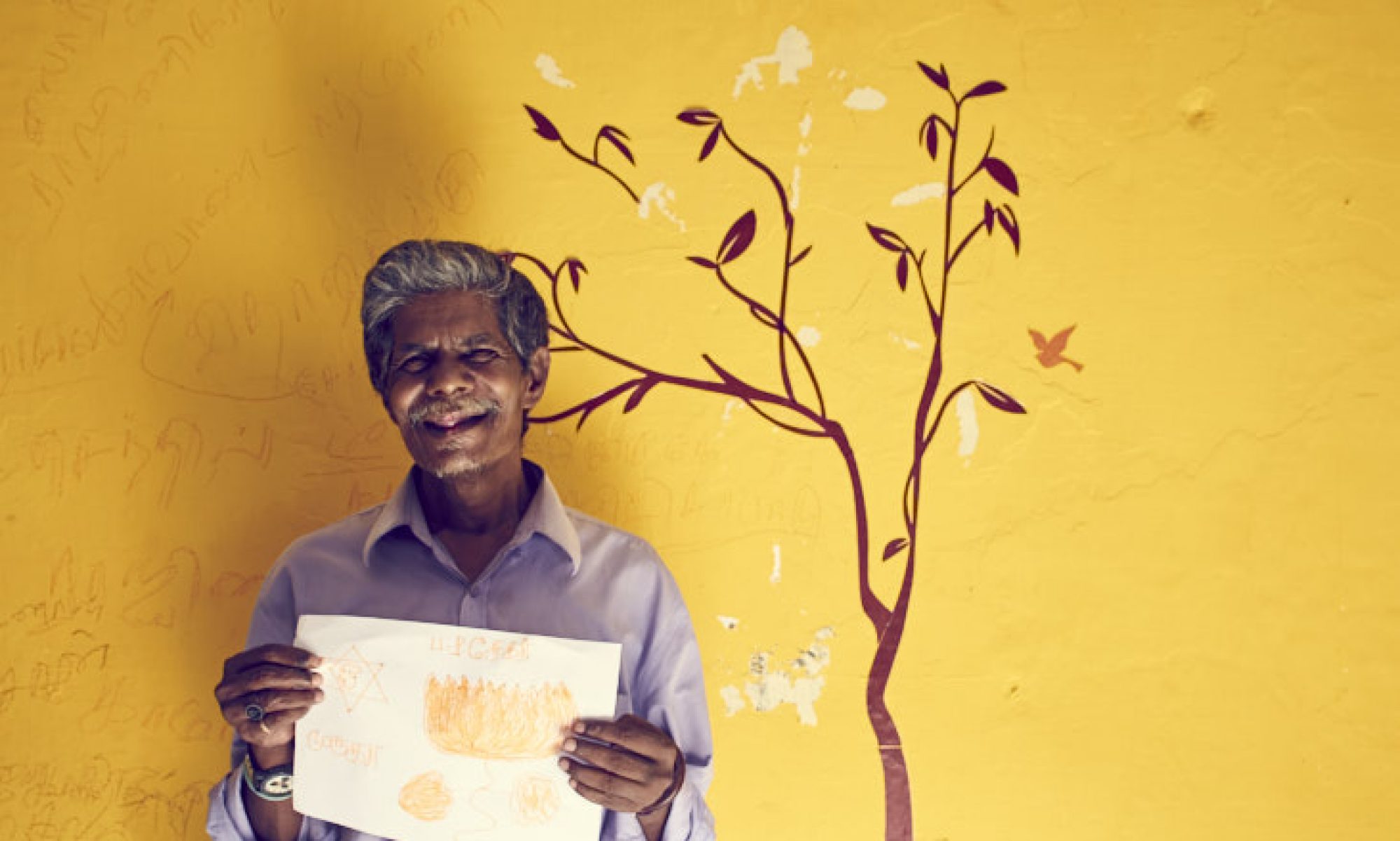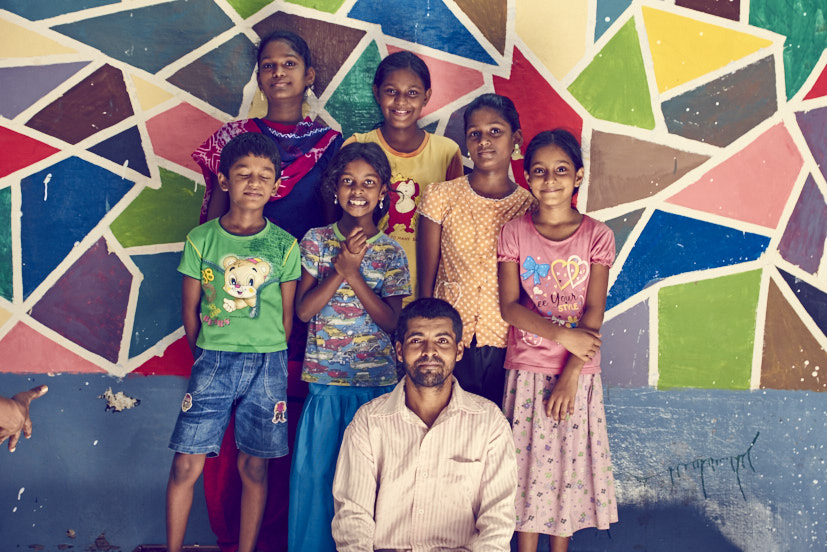HOMELESS INDIVIDUALS RESCUED :3,000 RETURNED HOME : 70% IN AFTERCARE : 233 OUTREACH : 1M NALAM MOBILISERS TRAINED : 200 PANCHAYATS : 50 CHILDREN IN YOUTH CLUBS : 400 LAY WORKERS IN OUR WORKFORCE: 500 CLIENTS ENGAGED IN WORK : 60% SUPPORT GROUPS : 35
Vertical 1: Emergency and therapeutic care for homeless persons with mental health issues
- 1821 women with mental health issues have accessed care at The Banyan’s Transit Care Centre
- 1402 of these women have been reintegrated with families/other inclusive options
- 319 individuals have accessed care at the Community Clinic (CC) at The Transit Care Centre (TCC). The CC offers short term inpatient care for persons living in a state of poverty.
- 206 men have accessed care at The Banyan’s Open shelter for Homeless men with psycho-social needs
Vertical 2: Inclusive ecosystems for persons with mental health issues
- 107 women with mental health issues have exited from the Transit Care Centre (TCC), now reside at The Banyan’s inclusive living programme.
- 19 women with mental health issues federated into an independent Self Help Group (SHG)
- 5 women with mental health issues who accessed care at The Transit Care Centre have now been offered fellowships from The Banyan to work as mental health peer counsellors and mental health activists. They now collectively reach out to over 120 individuals with mental health issues themselves.
Vertical 3: Health and mental health systems
- 9961 clients have been registered since inception of The Banyan’s Rural and Urban Mental Health Programmes (RMHP & UMHP) – well-being oriented outpatient care services
- 2166 clients are currently in active registration, and access care at the RMHP and UMHP clinics
- 259 children and adolescents have been enrolled in the youth clubs across all programmes.
- 68 children of parents with mental health issues have been supported by The Banyan
- 13 corporation schools across 9 wards have been included in mental health awareness and sensitisation programmes, reaching out to almost 2000 children in the primary and elementary sections.
Vertical 4: Skills development, social inclusion and wellbeing
- 1309 clients have accessed vocational training and skills development training
- 187 non specialist health workers have been trained and are active across The Banyan’s programmes
- 129 clients with mental health issues have found employment through placement support services offered at The Banyan.
The Banyan Academy of Leadership in Mental Health – (BALM)
- 100 students enrolled across 4 M.A level programmes at the Banyan Academy of Leadership in Mental Health (BALM) in collaboration with the Tata Institute of Social Sciences (TISS).
- 50 students enrolled in the BALM community mental health Diploma in collaboration with the Rajiv Gandhi National Institute for Youth Development
- 80 students from over 10 countries have been mentored and trained as interns at The Banyan Academy of Leadership in Mental Health (BALM)
- Over 20 seminars and conferences (national and international), on topics surrounding the homelessness – mental ill health – poverty nexus have been conducted by The Banyan and BALM.
- The Banyan’s approaches to care and protocols have been shared, and capacity building programmes have been conducted for a range of stakeholders including Civil Society Organisations (Ashadeep, Karuna Trust, Missionaries of Charity, Udhavum Ullangal), Government Agencies (Department of Panchayati Raj, GoTN, Corporation of Chennai, Puzhal Prisons, National Judicial Academy, Chennai Police Department).
- BALM has fostered teaching and research collaborations with highly reputed international academic institutions like University of Oxford, Vrije Universiteit (VU), Amsterdam, Boston University, Rutgers University, New York University, and Cornell University.
As organisations with deep experience in the mental health and social sectors, The Banyan and BALM were invited to the central government instituted Mental Health Policy Group, and several recommendations including the need to focus on vulnerable and marginalised groups (particularly the homeless), integration of social care, approaches for long term care, human resource development and developing value frameworks for mental health service provision have been drafted into this policy.
Despite its exponential growth, The Banyan and BALM remain firmly rooted in the philosophy and value of deep engagement, and responsiveness resulting in a user centric organisational culture.
The Banyan and BALM are now at a crucial phase of evolution, and poised to make breakthroughs in the mental health sector by fostering knowledge, incubating innovations, training human resources, and encouraging and supporting expansion of services in low resource contexts, through collaborations with a wide range of stakeholders such that the last mile be served and distress resulting from mental ill health and structural barriers be reduced.

